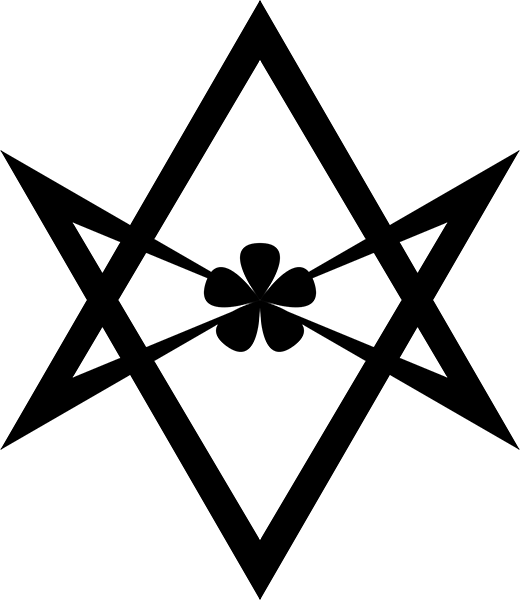The practice of Thelema encompasses a wide range of rituals and activities, often conducted within occult orders and esoteric groups. Some key practices include:
• Liber Resh: A daily solar adoration ritual intended to attune the practitioner with the cycles of the sun, representing spiritual enlightenment and awakening.
• Liber OZ: Also known as "The Book of the Goat," this document presents a succinct moral code in Thelema, emphasizing liberty, love, and the rights of the individual.
• Magick: Thelema places a strong emphasis on magick (with a "k"), which encompasses rituals, spells, and other
occult practices aimed at harnessing spiritual power and aligning with one's True Will.
• The Gnostic Mass: A central Thelemic ritual, also known as the "Eucharist of the Ecclesia Gnostica Catholica," which represents the spiritual union of opposites, including male and female principles.


